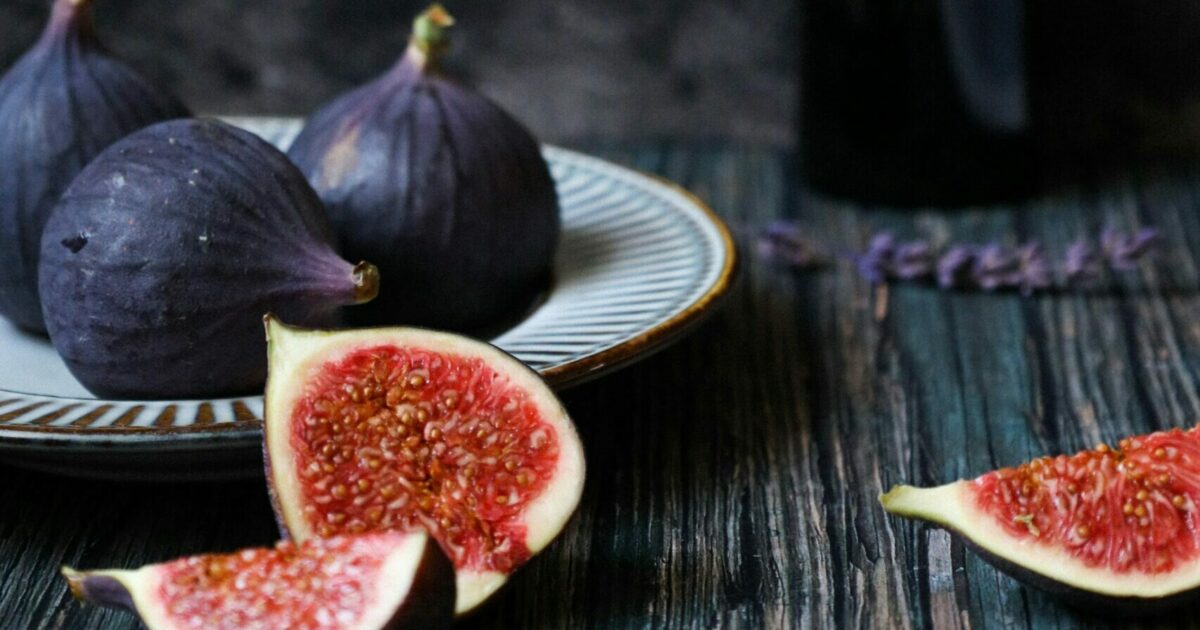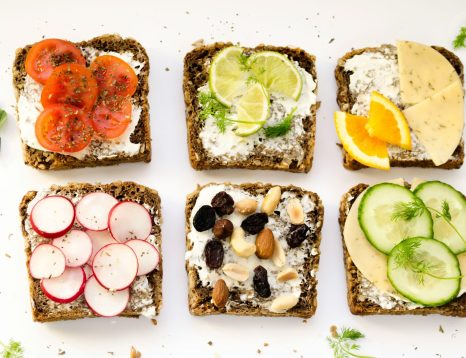
The fig was one of the largest sources of income in ancient Greece as it was the most important fruit after the olive and the grape.
Figs, fresh or dried, along with olives, fruits and garlic, formed the diet of the ancient Greeks during the Olympic Games.
Nutritional value of fresh figs per 100g.
Calories: 79kcal
Water: 30 g
Carbohydrates: 19 g
Sugars: 16 g
Protein: 0.8 g
Fat: 0.2 g
Vegetable Fiber: 3 g
Potassium: 232 mg
Sodium: 1 mg
Calcium: 35 mg
Magnesium: 17 mg
Iron: 0.4 mg
Nutritional value dried figs per 100 g
Calories: 249 kcal
Water: 2.5 g
Carbohydrates: 64 g
Sugars: 48 g
Protein: 3 g
Fat: 1 g
Vegetable Fiber: 10 g
Potassium: 680 mg
Sodium: 10 mg
Calcium: 162 mg
Magnesium: 68 mg
Iron: 02 mg
Benefits for the organization
- They lower blood pressure.
- They contribute to weight control
- Relieves constipation
- Protects against breast cancer
- They prevent diabetes
- They prevent heart disease
- They contribute to maintaining bone density
- They relieve sore throats.
- Improves sex life
Sources: Wikipedia, the superfoods of the ancient Greeks










